The Atlanta CEO Council’s (ACEO) mission is to connect CEOs to capital, customers, talent, and each other. We execute this through memberships and 14 annual events. We are directly affected by the COVID-19 environment, but that hasn’t stopped our CEOs from gathering, helping, and inspiring.
On Monday night May 4th, the time we hold our dinners, CEOs gathered to hear PJ Bain, CEO of PrimeRevenue and Greg St. John, President & CEO of Regal Holding Corporation, share their perspectives on how COVID-19 is breaking the supply chain.
Together, PJ & Greg have been in business for over 60 years with over 50 years of operating experience in the Hong Kong & China region. They understand the nature of the regions, operated under the Hong Kong protests and Greg has even experienced the wet markets first hand!
Greg St. John, President & CEO Regal Holding Corporation
With 1800 employees, Kennesaw based Regal Holding Corporation is an original equipment manufacturer (OEM) of lighting and electrical products available in over 4000 global locations. Their focus is on energy efficient products like LED lights. Additional offices are in Toronto, Monterrey and Hong Kong.
As a product business, Greg has been dealing with the effects of COVID 19 since day one and is getting prepared for the larger impact in q3 and q4 of 2020. The Hong Kong team has been home since January, half the team will go back into the office in May. Teams were instructed to work from home in mid March and have been surprisingly productive so no rush to get back. Greg is very anxious to see his team and is keeping their health and safety top priority.
PJ Bain, CEO PrimeRevenue
Atlanta based PrimeRevenue supports 400 buyer organizations (at the top of the supply chain) and provides services to 38,000 suppliers in 80 countries. Working with close to 400 banks around the world, they transact business in 30 currencies and 25 languages with 100 employees in Atlanta and 60 between Prague & Hong Kong.
PrimeRevenue uses analytics and AI to provide working capital optimization solutions for clients and helps source the cheapest capital in the entire supply chain. Buyers offer their platform to their vendors through their marketplace, and those vendors can access the marketplace by selling their invoices early at an efficient discount.
PJ and PrimeRevenue can follow the movement of money as physical goods and services move along the global supply chain. Data collected from facilitating transactions around the globe is a leading indicator in purchasing before it hits GDP in the retail and OEM sectors- meaning purchasing data that occurs before products are finished and sold in the retail market.
Relationship between retailers and suppliers
JIT (Just in Time) systems that were put in place are costing people their lives. For decades, businesses have been optimizing their supply chains for profitability without predicting a global crisis. Inventory on the shelf is a shock absorber for volatility. Businesses that don’t have inventory because they run a JIT environment will face tough challenges. Food supply chains are especially optimized for profitability. For example, COVID 19 has shut down pork processing plants, pig farmers are euthanizing hundreds of thousands of pigs a day. While people are starving to death across the globe, farmers are having to kill livestock because a single part of the supply chain has broken down.
In economically tough times, good and bad ‘actors’ coexist. While many businesses are promoting that “we are all in this together”, some are finding arbitrage opportunities within the supply chain. For example, instead of increasing the flow of data with suppliers, businesses are hoarding it and charging vendors for that data which begins to erode margins. On the flip side, some businesses are oversharing data with their suppliers to find collaborative solutions.
Supply chains other than China
Making supply chains more robust and less concentrated on China can’t happen rapidly and easily. Creating entirely new supply chains with healthy competition to keep costs low is nearly impossible. For some of Greg’s product components, US facilities have been closed and even demolished, so China is the only option. Looking into Vietnam, he would have to ship products from China only to be assembled in Vietnam.
As Africa begins to industrialize, buyers are realizing it will become a Chinese-outsourced continent. Latin America is another option, but navigating Brazil’s economy is a challenge. Necessary local infrastructure to scale and cost effective operations won’t exist in these areas for a long time. Chinese manufacturing is difficult to replicate in order to achieve the level of quality many businesses desire.
Supply chain is a complex and important part of the global economy. China and the surrounding region has illustrated it’s manufacturing prowess for decades. The excitement and energy will begin pouring into supply chain and manufacturing innovation faster than ever before. CEOs and Entrepreneurs will lead the charge!
See this article on LinkedIn.

























